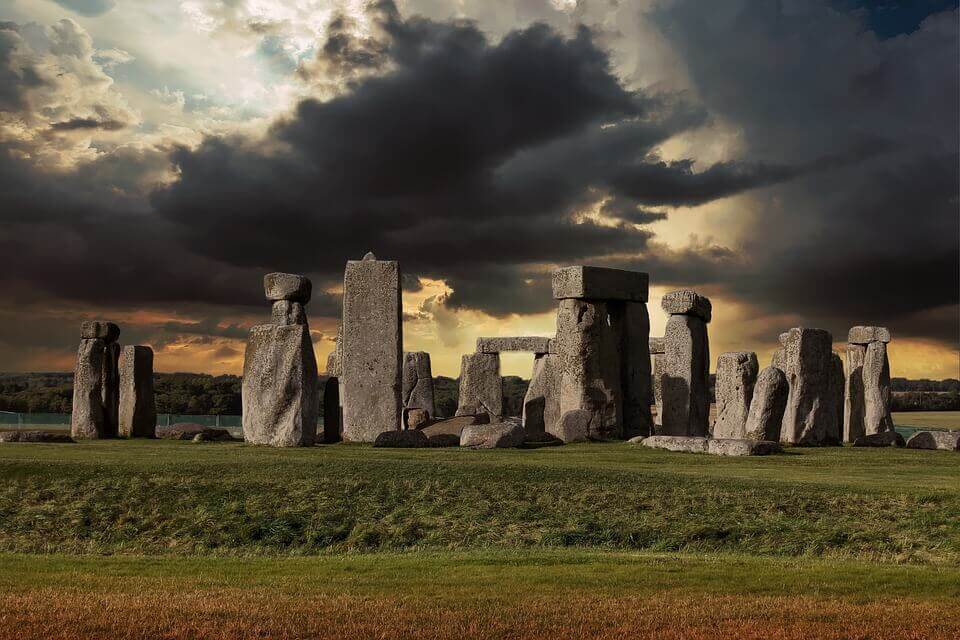There are terms, such as progress, that are widely accepted in our culture. Humans progress over time. Each generation is better than the previous one, every new invention will lead us to a better world, but is that true?We all know the current and past crises closest to history, but what about the older ones, like those that occurred during the Neolithic revolution?
The Neolithic is a period that lasted from 7000 BC. until about 4000 BC in it emerged those that are considered the greatest revolutions of humanity: agriculture and livestock. When we studied this period at school, we felt it was a great discovery that changed the fate of humanity. A breakthrough that everyone has accepted as an improvement to follow. But it really wasn’t, not everyone agreed. For some, agriculture and livestock were lagging behind, and they still preferred to be hunters and gatherers.
- The Neolithic.
- Being one of the most important periods in history.
- Is also one of the most unknown In the Neolithic were born the pillars of the world in which we live.
- Such as livestock and agriculture.
- War.
- Property.
- Writing.
- Division of powers.
- Etc.
- On the other hand.
- It is also possible to say that this was the moment when humanity’s problems began.
This period is important because that is where humanity began to transform the environment to suit its needs and the population began to grow exponentially, also because today we are going through a new geological age, a great planetary change, this step to another. The era began in the Neolithic, so understanding the Neolithic and what involved the previous geological change can give us some clues as to how to face the future.
The Neolithic was, as essayist Yuval Noah Harari put it, the biggest fraud in history: “Instead of foreshadowing a new era of easy living, the agricultural revolution left farmers with a life that was generally more difficult and less satisfying than that of hunters. Collectors? The life of hunter-gatherers was better, it was found that they had less stress from lack of food, that their diet was more nutritious, that they had fewer diseases, until they began to live more concentrated and with animals, and that they did not know that there were wars.
The idea that in schools we are told the Neolithic, that we have learned to domesticize plants and create cities and that hunger is over, is false, many agricultural societies have left everything to be hunter-gatherers again and have stopped and returned Agriculture adopted on several occasions. The various natural disasters, such as epidemics, deforestation or soil salification, have provided these round-trip processes, which for 5,000 years were from state to state, depending on weather conditions.
The Neolithic has left us a clear message: a transformed and well-regulated natural environment can feed a large number of mouths, but this message has been perverted by man. Irrational exploitation of the environment, seed accumulation, social inequalities and the spirit of supremacy over the weakest are just a few examples. The hope of a society in harmony with the new economy has failed because of the refusal to share.
Impressive buildings built by great civilizations, such as the pyramids or the Parton, can be found, but what do they represent compared to the transition of all mankind to agriculture?He once rejected the idea of a single Neolithic revolution in the Middle East. , it is considered that there were several more or less simultaneous starting points: wheat in the Middle East, rice in China and maize in America, all constitute the revolution of agriculture which, thanks to the migrations of the first peasants, reached Europe.
This is one of the factors that most characterizes the Neolithic, the movement of people from the Middle East, the Neolithic revolution provoked population growth that did not exist until now, which led to the migration of two people, as well as ideas and materials Although this is an uncertain moment, we are sure that this distant revolution has changed everything and is not yet over , the lessons it hides can be very useful for a gift in which humanity pushes nature and its resources to the limit of its possibilities.

